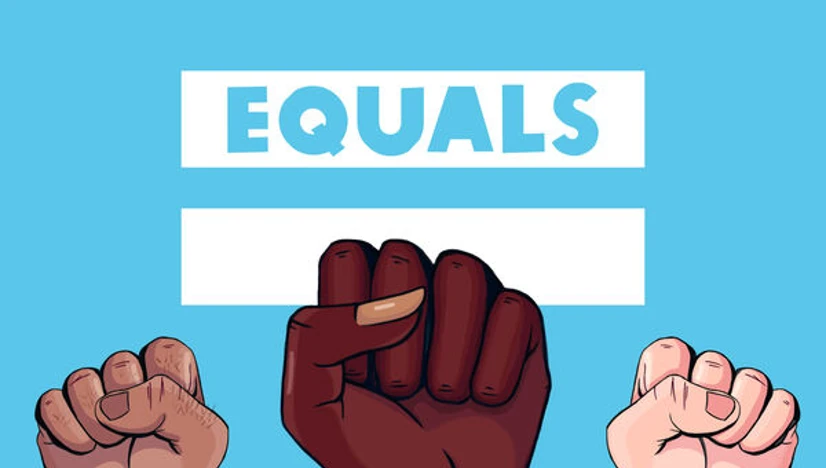EQUALS: Racism, Rebellions and the Economy
EQUALS, 2020
In this podcast Professor Darrick Hamilton critically discusses how current neoliberal economic models uphold systemically racially unjust structures of economies. Using the case of the US, the Covid-19 crisis is showing how black communities have been disproportionally affected by the virus. By explaining the racial wealth gap and the interaction between race and class, Professor Hamilton offers insightful propositions to ensure our economy truly delivers racial and economic justice.
Comment from our editors:
Structural inequality and, to a greater extent, race and gender, are topics often left out from economic discourses and public policy debates. Scholars who have questioned the structures of economies and the role they play in shaping and maintaining systemic racism have been disregarded from mainstream economic debates and, unfortunately, from the teaching of Economics in numerous universities.
Darrick Hamilton is professor of public policy, economics, sociology, and African American studies at Ohio State University and the executive director of the Kirwan Institute for the Study of Race and Ethnicity. His insightful research on the racial wealth gap and inequality have lead to thorough policy ideas that have been championed by a number of US political figures. This podcast offers an opportunity to non-/economic students to question the economic models that have shaped and continue to maintain systemically racially unjust structures. Moreover, it allows us to reflect on what we can do to ensure a socially just economy.
Go to: EQUALS: Racism, Rebellions and the Economy

